Page content
- 2024: Johannes Milich & Emma Hansen Klint
- 2023: Lena Debanck & Imke Pohl
- 2022: Katharina Pfeffer
- 2021: Finja Lübben
- 2021: Clara Lundén
- 2020: Edgar Kinnier
- 2019: Daniel Bichler
- 2018: Lucie Buttkus
- 2017: Louise Warenius
- 2016: Julian Dederke
- 2015: Christina Schmahl
- 2014: Maj Gustafsson
- 2013: Hans-William Ressel
- 2012: Maria Forslund
The Rutger Lindahl Award
Rutger Lindahls uppsatspris för bästa masteruppsats i Europastudier tilldelas varje år en uppsats som examinerats vid Master’s Programme in European Studies. Syftet med priset är att belöna och främja forskning om Europa och europeisk integration bland masterstudenter vid Göteborgs universitet.
Priset instiftades år 2011 för att hedra Rutger Lindahl, Jean Monet-professor vid Centrum för Europaforskning (CERGU), och hans livslånga engagemang inom forskning och undervisning om europeisk integration. Priset består av 10 000 kronor och går till 1-2 studenter. Vid två vinnare delar dessa på prissumman och får 5 000 kronor var. Vinnande bidrag publiceras som forskningsartiklar i CERGU Working Paper Series.
Mer information
2024: Johannes Milich & Emma Hansen Klint

2023: Lena Debanck & Imke Pohl
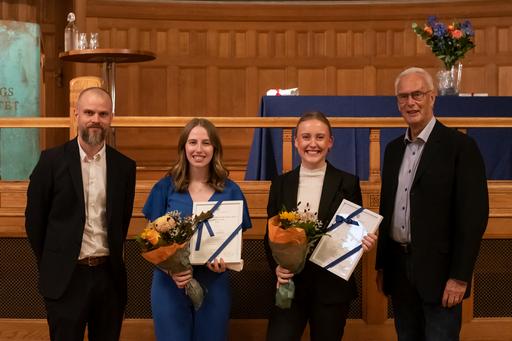
Markus Johansson, Lena Debanck, Imke Pohl, och Rutger Lindahl.
Photo: Karin Andersson
2022: Katharina Pfeffer
Image
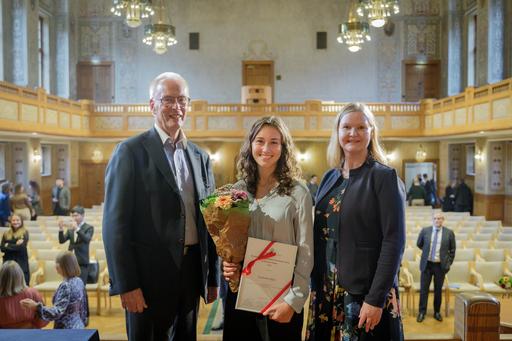
Rutger Lindahl, Katharina Pfeffer och Linda Berg.
2021: Finja Lübben
Image
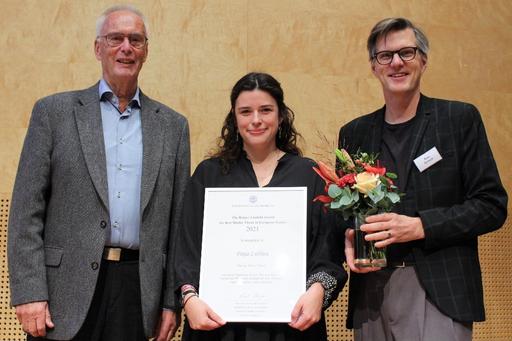
Rutger Lindahl, Finja Lübben och Klas Grinell.
2021: Clara Lundén
Image

Clara Lundén.
2020: Edgar Kinnier
Edgar Kinnier och Rutger Lindahl.
2019: Daniel Bichler
Image
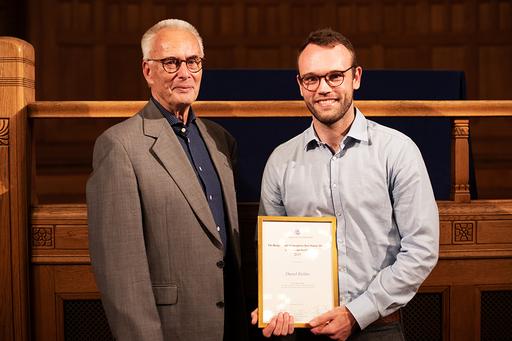
Rutger Lindahl och Daniel Bichler.
2018: Lucie Buttkus
Image
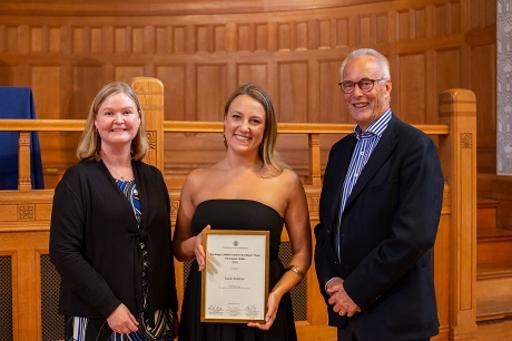
Linda Berg, Lucie Buttkus och Rutger Lindahl.
2017: Louise Warenius
Image
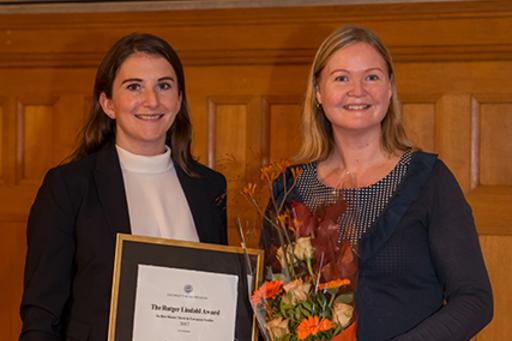
Louise Warenius och Linda Berg.
2016: Julian Dederke
Image
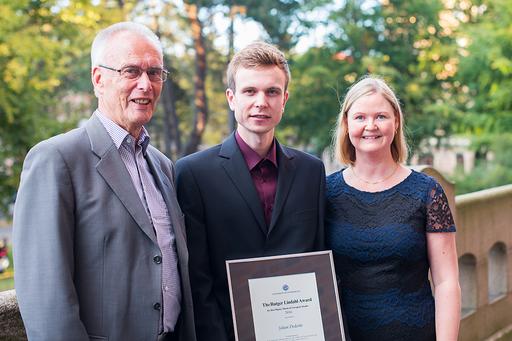
Rutger Lindahl, Julian Dederke och Linda Berg.
2015: Christina Schmahl
Image
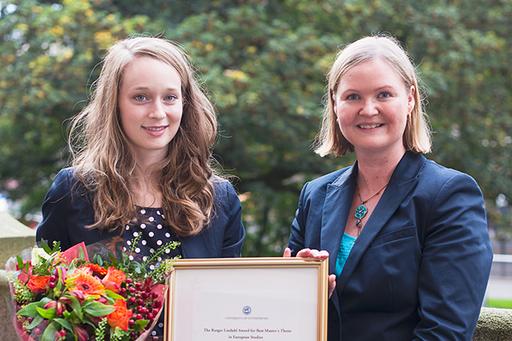
Christina Schmahl och Linda Berg.
2014: Maj Gustafsson
Image
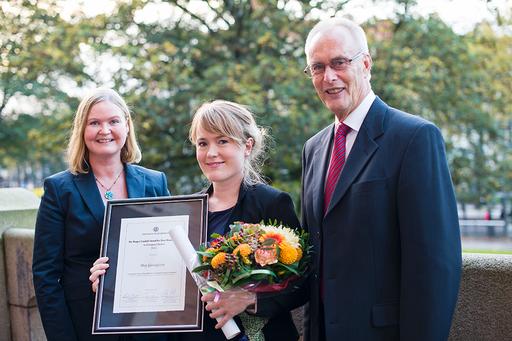
Linda Berg, Maj Gustafsson och Rutger Lindahl.
2013: Hans-William Ressel
Image
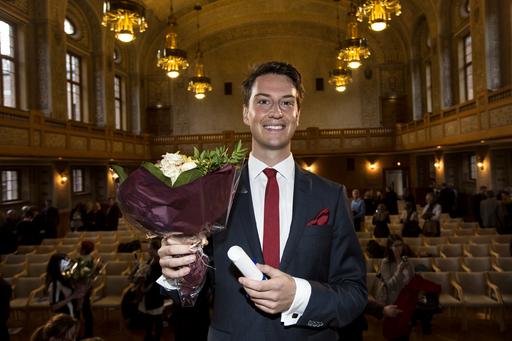
Hans-William Ressel.
2012: Maria Forslund
Image
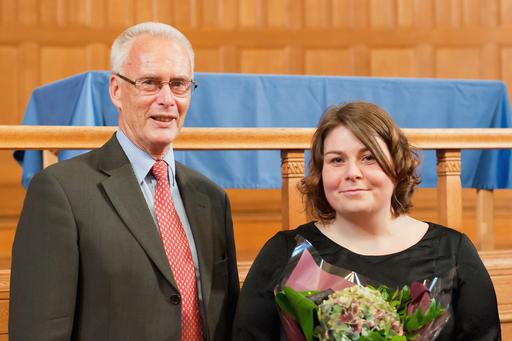
Rutger Lindahl och Maria Forslund.